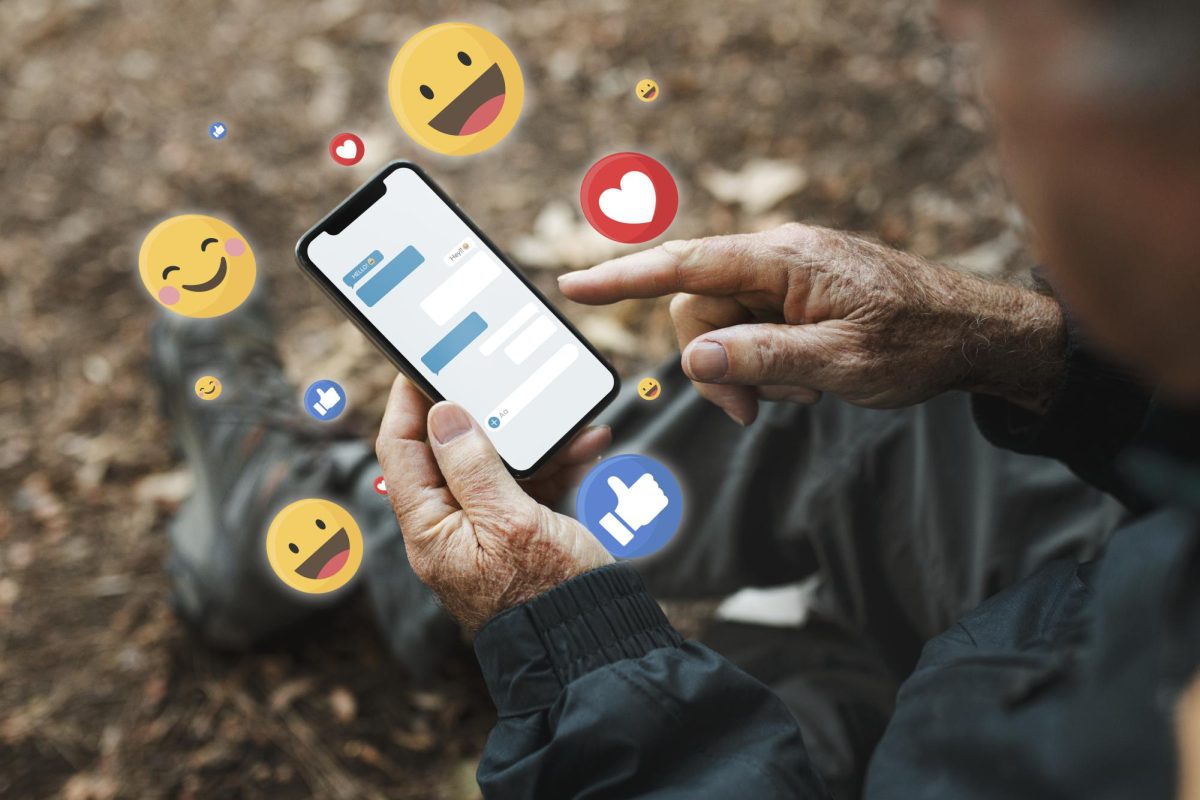Australian children will be experiencing a different lifestyle, as legislation was passed banning the use of social media for 16-year-olds and younger. It aims to protect the well-being of children’s mental health from sites like TikTok, Snapchat, Instagram, and more.
Many parents have applauded the new law, however, researchers aren’t fully convinced of the outcome this is intended to bring.
Over the decade, studies from the National Library of Medicine and the American Physiological Association have shown that extensive social media use is harmful and can lead to addiction.
Additionally, this adds to the soaring rates of depression and anxiety associated with social media. Although social media may help connect people who feel isolated, it can also place immense pressure.
Screens aren’t harmful to children when used properly because learning about history or math online is likely unable to cause problems. Compared to social media, these kids are placed in a position of comparison, high expectations, and bullying, which can be heartbreaking.
This addiction allows people to feel dissatisfied, have low self-esteem, and have a feeling of emptiness from the dopamine overdose and its quick depletion.
According to the Survey Center of American Life, internet addiction allows people to have fewer friends and be lonely.
This has become the new normal, with younger people being more comfortable on their phones than going out, and one girl explains in The Atlantic, “We like our phones more than actual people.”
To answer questions, a study in 2018 by Christan Montag, explains how the brain’s anterior cingulate gyrus (ACG) is where people experience empathy. He also found the greater the social media use, the greater the ACG’s shrinks, suggesting social media and the internet cause a dramatic decline in mental health.
The shrinkage means less empathy, including having less eye contact and feeling less connected, which is the state of many young children today.
Australia’s ban for 16-year-olds and under could help find a solution to the negative repercussions of social media.

